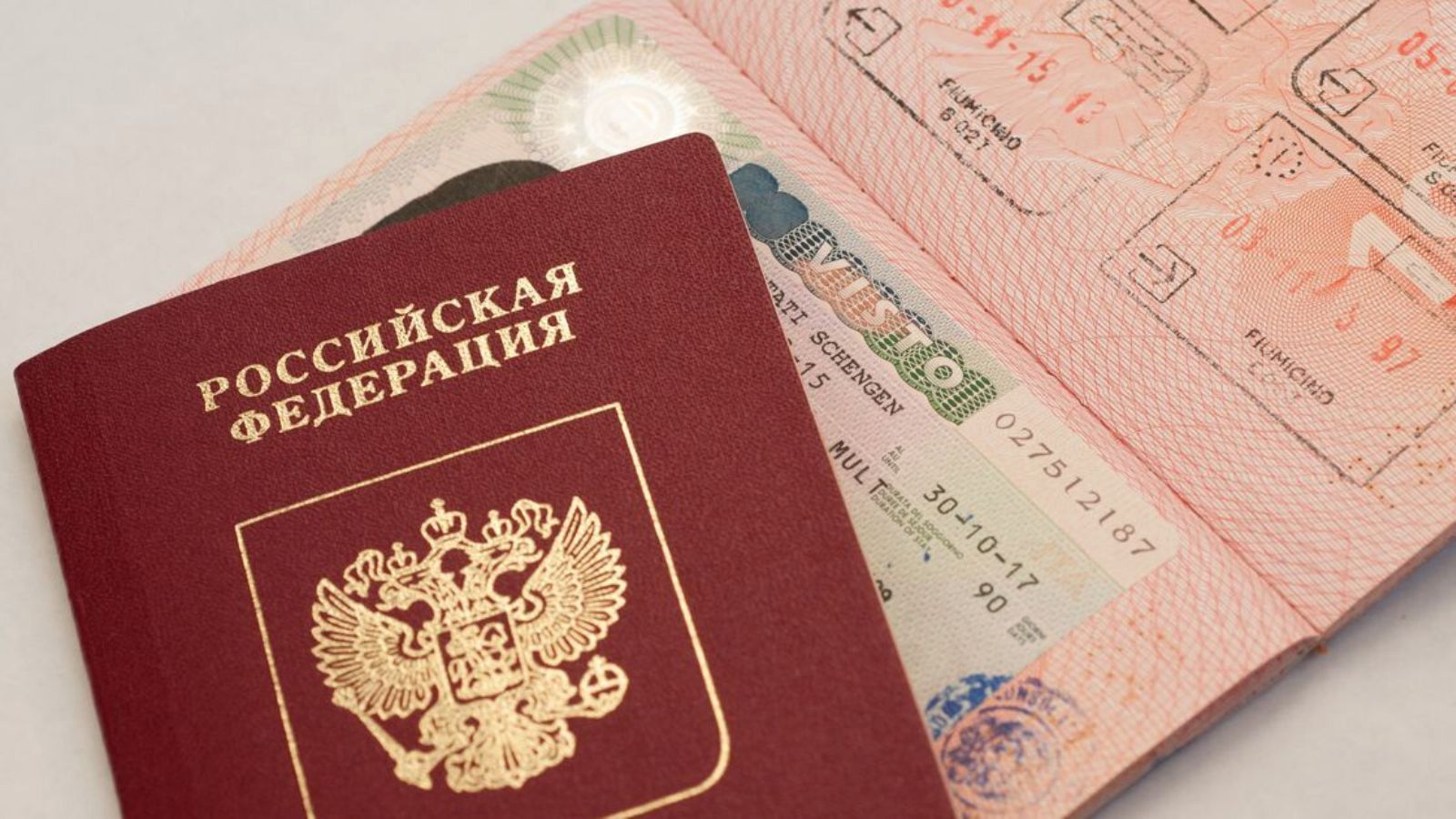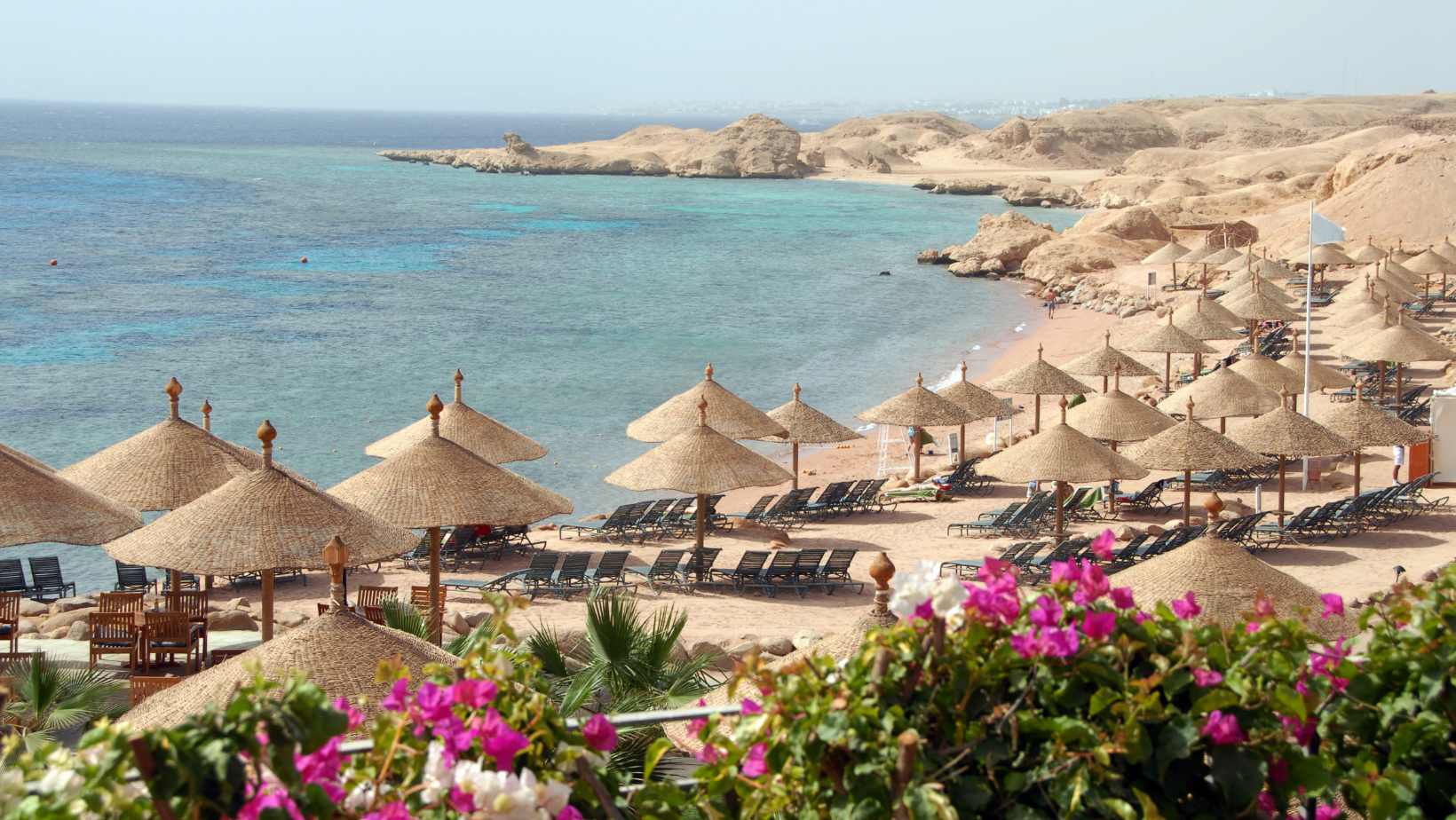A clear signal needs to be sent as European Union ministers debate tightening the issuance of visas for Russians, Czech Prime Minister Petr Fiala said on Monday, adding that suspending tourist visas would be a step in the right direction.
Speaking after talks with German Chancellor Olaf Scholz and before EU foreign ministers discuss the issue in Prague on Tuesday and Wednesday, Fiala said a facilitation agreement on visas for Russians should be suspended, and that EU talks on the issue were continuing.
Germany, Greece, Cyprus on the other hand, have been more reserved and oppose a strict travel ban against Russians.
Last week German Chancellor Olaf Scholz said that it was Russian President Vladimir Putin’s war, and for that reason it was difficult for him to support a blanket travel ban that would also impact innocent people.
A suspension of the visa agreement would complicate applications for short-term visas in the Schengen Area and make them more expensive. The diplomats also stated that a blanket travel ban, which would require unanimous support, isn’t expected.
In the meantime, the policies of individual EU states won’t make much of a difference. Short-term tourist visas are valid in all 26 countries in the Schengen Area, no matter which EU country issues them.
How big is the problem?
According to the EU border control agency Frontex, almost a million travelers with Russian passports have come to the EU since the war in Ukraine started six months ago. The overwhelming majority of these travelers arrived in Finland (333,000), Estonia (234,000), and Lithuania (132,000).
Entering the EU with a Russian passport could become more difficult under new rules being debated by the bloc
These have mostly been tourists who visit for a few days at a time. However, fewer than a million visas were issued because Russian citizens can travel in and out of the Schengen Area many times with the same 90-day visa. Before the COVID-19 pandemic, countries in the Schengen Area issued around 500,000 new visas to Russians every year.
Which restrictions are already in place?
Lithuania isn’t the only country restricting visa issuance to Russians. Latvia, Finland, Poland the Czech Republic and Denmark want to restrict visa issuance as well.
According to the immigration-focused law firm Fragomen, the Netherlands, Belgium Spain and Romania have already greatly restricted their issuance of visas to Russians. Many EU member states have already thinned out the staffing of their consulates and embassies in Russia, making it more difficult to book the required personal appointments prior to getting a visa.
An agreement between the EU and Russia that streamlined the issuance of visas for Russian diplomats, government officials, and business people was suspended, though it’s technically still in effect.
If the agreement were terminated, it would become more complicated and expensive for Russian citizens to apply for a visa. Since Russians already can’t use western credit cards or bank accounts anymore, a lack of financial resources can be used as a justification for rejecting visa applications.
-
NEWSLETTER
Subscribe for our daily news










